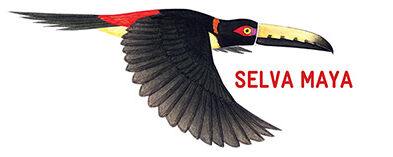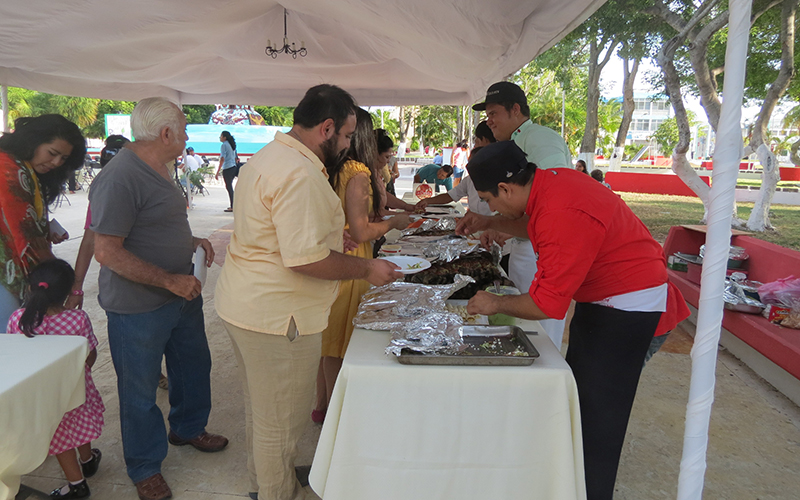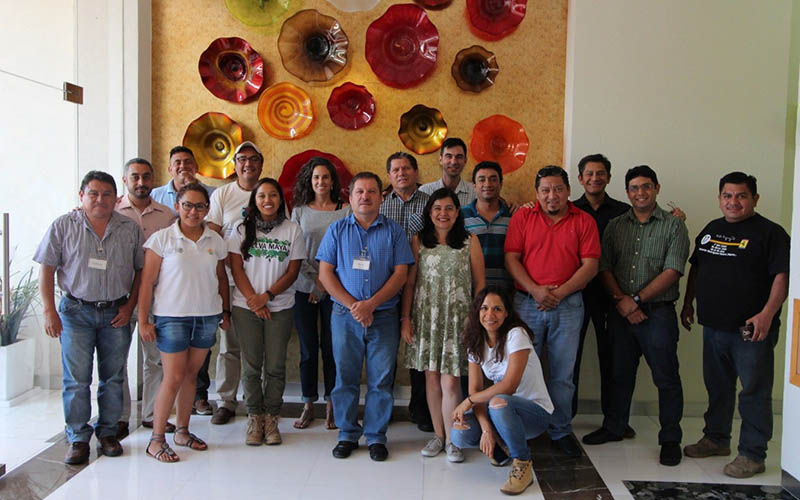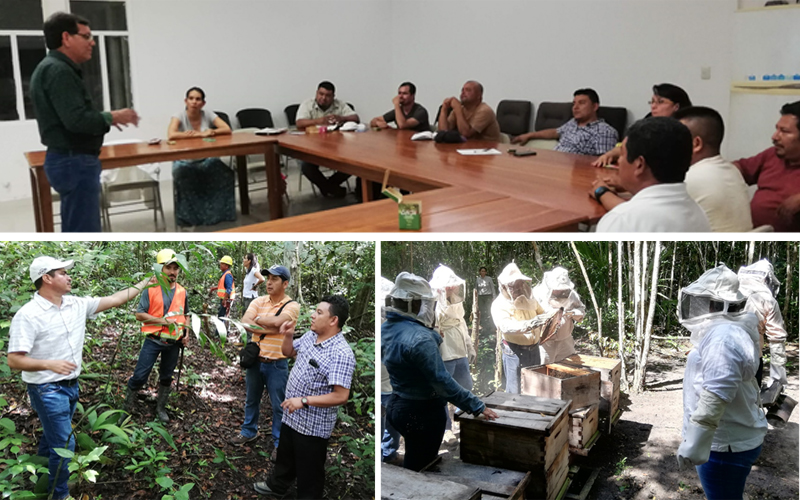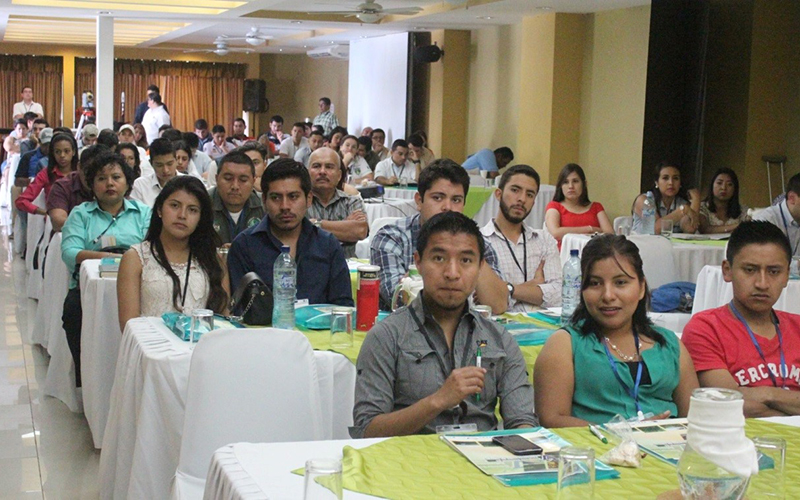Fossil fuel consumption and logging, mainly caused by the expansion of agricultural activities and forest fires, trigger climate change and biodiversity loss. These two factors are linked to an increase in respiratory, cardiovascular and infectious diseases… How is this possible?
Based on the premise that all living beings depend on healthy ecosystems, any alteration to the ecosystem has consequences. It is undeniable that the high intake of resources due to human overpopulation has reduced the habitat of other species, leading to an overlapping of wildlife and human spaces. This “proximity” has a certain cost: it is estimated that more than half of the infectious diseases acquired by humans have their origin in animals, 70% of which came from wildlife (Jones et al., 2008). SARS, Ebola, HIV, Lyme disease, MERS and the recent Covid-19 are some examples. Unfortunately, it is not only people who are exposed to infection, it is also possible that some human pathogens cause diseases in wild animals (Burkholder and Glasgow, 1997).
Thus, it is not implausible to claim that the destruction of nature is the main cause of the emergence of infectious diseases. The inability to see ourselves as a whole, in other words, to value each species that composes the ecosystem, is the origin of many environmental tragedies, among them the pandemics that historically have affected human beings and that are capable of limiting life itself, as well as the desired sustainable development.
The survival of Homo sapiens is closely linked to the health of wildlife. It has been proven that damaged ecosystems allow imbalances in the populations of species, some of which have developed strong immune systems, capable of carrying viruses that do not affect them, but are lethal to humans. The most recent case is the virus causing Covid-19 (SARS-CoV-2). In different ways Mother Nature shows us that healthy ecosystems can function as a “retaining wall” for pathogens present in wildlife.
The next pandemic could emerge anywhere, particularly in areas where humans “interact” closely with wildlife. Experience shows that hunting, trade and consumption of “exotic” species have led to the emergence of some pandemics. The Selva Maya could be the scene of the next pandemic outbreak considering that illegal trafficking of species is a reality in the region.
As some might know, indigenous and mestizo communities share the Selva Maya, a space that stands out for its cultural and natural wealth. It is assumed that these populations consume the resources around them to survive, the challenge is to find a sustainable way to do it. This is only possible if the ecosystem is understood as a whole, where each species counts and where the negative impact of one species will normally have negative repercussions on the others.
However, it cannot be assumed that the communities settled there are the only ones who benefit from the richness of this ecosystem; countless species are directly or indirectly favored. The oxygen that you breathe, the water that you drink, the beauty of the landscape or the spaces of connection with nature that you still count on are some of the so-called ecosystem services that humans receive from the Selva Maya and other areas abundant in biodiversity. But not only humans are benefited, every species exists and subsists thanks to habitat conservation.
The health emergency period that humanity has been experiencing since late 2019 has come to remind us of the strong interconnection that exists between humans and wild species. On the other hand, the high contagiousness of the Covid-19 virus leads us to query the achievements that are considered as evidence of “development” or “modernity”. For example, the large urban centers, the speed with which we move or the accentuated daily social interaction, in short, become an excellent breeding ground for the spread of infectious diseases.
It seems impossible to dissociate two aspects: economic growth and environmental conservation. To our regret, the relationship is in inverse proportion, that is to say, the development of one implies the loss of the other. Some scientists strongly point out that economic growth is not compatible with the conservation of the planet, that is the case of Giorgios Kallis of the Institute of Environmental Science and Technology of the University of Barcelona: “In the end, the destruction of biodiversity is also the destruction of the economy and society”.
